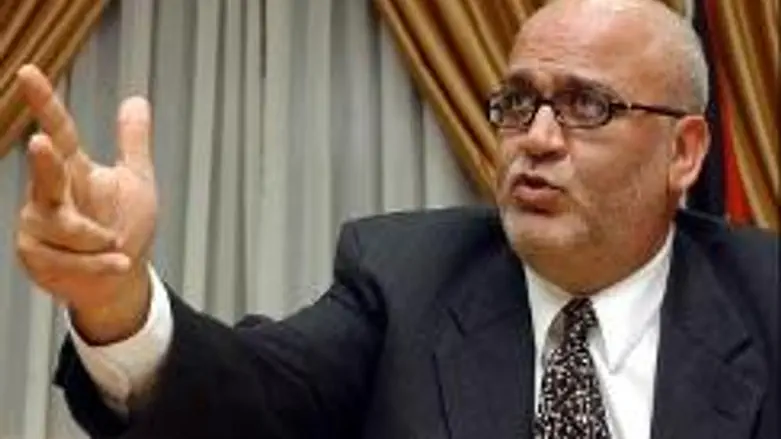
The Palestinian Authority is claiming it has received a "positive response" to its demand that the United Nations Security Council recognize a new Arab state within Israel's current borders, according to lead PA negotiator, Saeb Erekat. The negotiator told the Al Ayyam newspaper on Saturday that the PA has demanded the U.N. recognize the so-called new Arab state of "Palestine" in Judea, Samaria and Gaza, with eastern Jerusalem as its capital.
Erekat claimed that PA representatives discussed the plan with diplomatic contacts and members of the U.N. Security Council -- including the United States -- and received "positive reactions."
Senior Obama administration officials, however, were quoted the same day by the A-sharq al-Awsat newspaper as saying the U.S. is not rushing to push final status talks between Israel and the PA. The current situation has lasted for decades, the American sources told the newspaper, and no one is expecting quick results; a great deal of patience and forbearance is required, they said. The sources noted that the U.S. government is not willing to engage in negotiations for the sake of talks alone, in a process that could simply lead to more failure. Instead, it is essential to create the "appropriate conditions" for negotiations, according to the American government.
On the PA side, however, impatience appears to have led to the language of threats, with PA negotiators moving ahead with plans to issue a unilateral declaration in the hopes a new Arab state will simply be recognized as a fait accompli by the U.N.
The new country, Erekat said, would be formed along the borders of Israel that existed on June 4, 1967 -- prior to the 1967 Six-Day War, in which Israel was attacked by its surrounding Arab neighbors. At that time, Judea and Samaria were occupied by Jordan, and Gaza was occupied by Egypt.
Erekat added that the program is clear and simple, and that the world's recognition of "Palestine" within the June 4, 1967 borders would deny Israel the legitimacy of its settlements in the regions. The Palestinian Authority, he said, is now working to raise support for the initiative from the Arab Monitoring Committee, which has convened in Cairo.
However, with the Palestinian Authority government in disarray and its upcoming legislative and executive elections scheduled for January 24 now postponed indefinitely, it is unclear precisely with whom any negotiations could be conducted, nor with what certainty any agreements might be relied upon. The stability of the current PA government -- let alone that of any future PA state -- is seriously in doubt.
PA Chairman and Fatah leader Mahmoud Abbas recently announced that he would step down at the end of this term and not run again for re-election. Nevertheless, Abbas remains in control of the government for the time being, although it is impossible to say how long a period that might be. As head of the Palestine Liberation Organization (PLO), his approval is needed in order to reschedule a new date for the elections, which the rival Hamas terrorist organization has vowed to sabotage. Since Hamas, which controls the Gaza region, has refused to allow Gaza residents to vote in the PA elections, the legitimacy of the polls would be called into question regardless of who wins.